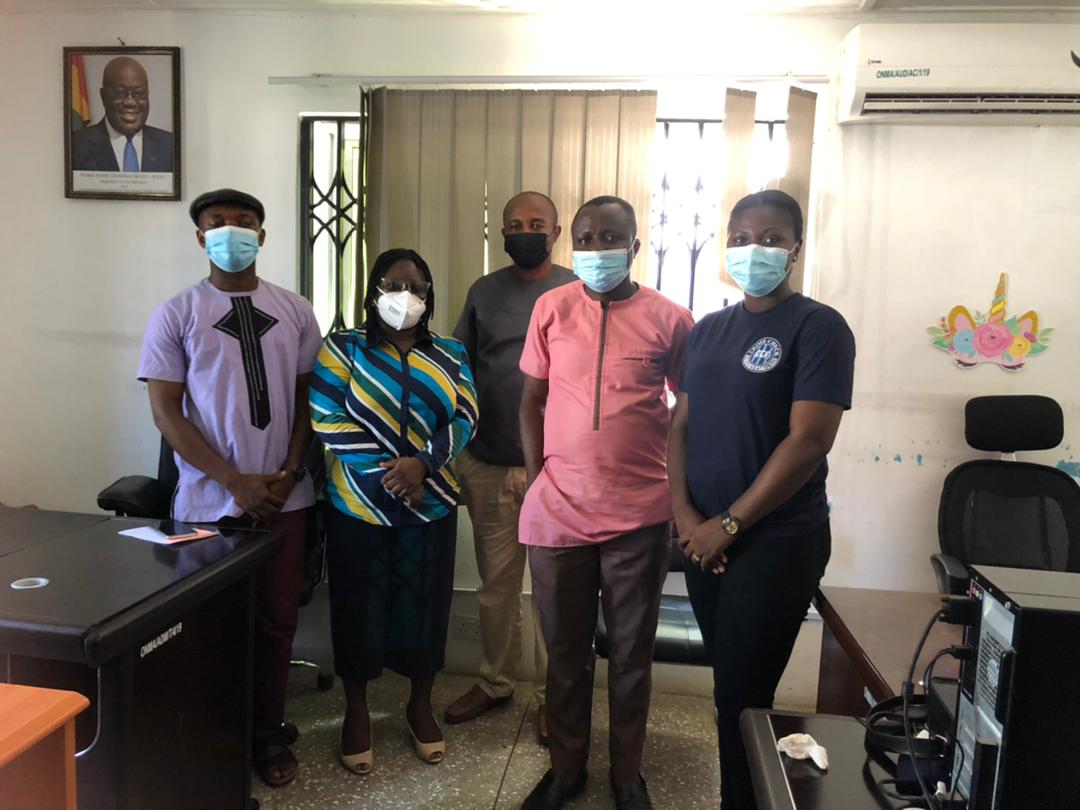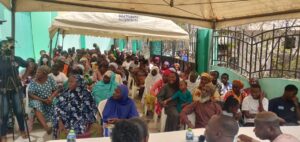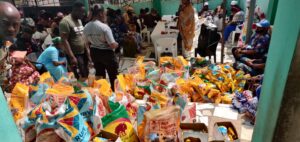OSIWA partners CCF to end criminalization of poverty and homelessness in Ghana
The Open Society Initiative for West Africa (OSIWA) has extended funding support to Crime Check Foundation (CCF) in a collective quest to end laws, which criminalize the status of individuals as being poor, homeless, as opposed to specific wrongful acts. This is under a partnership titled ‘Decriminalizing Vagrancy Laws and Advocacy (DVLA) project. Open Society Initiative for West Africa (OSIWA), established in 2000, is a grant-making and advocacy organization focused on equality, justice, democratic governance, human rights and knowledge generation. It is part of the global network of Open Society Foundations spread across 37 countries around the world.
According to the Executive Director of CCF, Mr Ibrahim Oppong Kwarteng, the CCF-OSIWA Decriminalizing Vagrancy Laws and Advocacy (DVLA) project seeks to create an enabling environment for vagrants to know, demand and exercise their rights and responsibilities in Ghana.
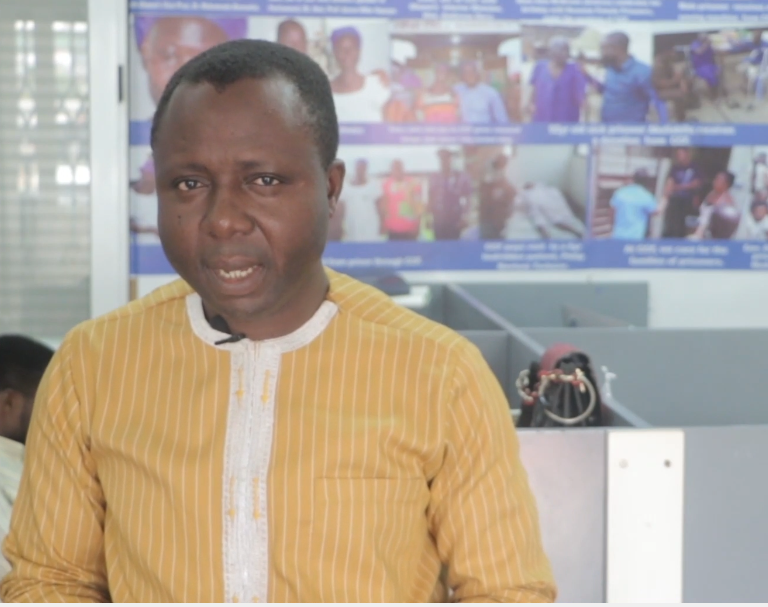
He explained that vagrants are poor persons who do not have a fixed abode, a regular source of income, nor practice a trade or profession. Unfortunately, about 22 African countries penalize a vagrant, and equip the police with powers to enforce vagrancy laws. Vagrants are regularly subjected to unreasonable punishments, including fines and imprisonment beyond their strength for carrying out activities such as street hawking to earn a living. This leads to unlawful incarceration of such persons.
He stressed that, the CCF-OSIWA partnership is consistent with an Advisory Opinion, on 4th December, 2020, by the African Court on Human and Peoples’ Rights, that Vagrancy Laws are incompatible with African human rights instruments that Ghana is a signatory to.
Mr Kwarteng said, though the activities of vagrants’ breach the local government laws, they are compelled to engage in such activities because relevant authorities have not created a thriving environment for them. They are not supposed to sell on the streets, but somehow, government has created the condition for them to be there. The Metropolitan, Municipal and District Assemblies (MMDAs) responsible for enforcing the laws and providing social amenities have not lived up to their expectation. They have totally deviated from their mission statements, but in the end punish these vagrants”. He said.
Mr Kwarteng said, vulnerable groups will be sensitized to know their rights to hold authorities accountable under the project, while at the same time, made to be law abiding. Accra. “Thousands of vagrants, including their leaderships and government officials, will be sensitized through community and media engagements across 12 target MMDAs within Greater Accra, Central and the Ashanti Regions of Ghana. Mobile phones will be provided to facilitate monitoring and to receive complaints on vagrancy laws to inform engagements and appropriate actions.” He indicated.
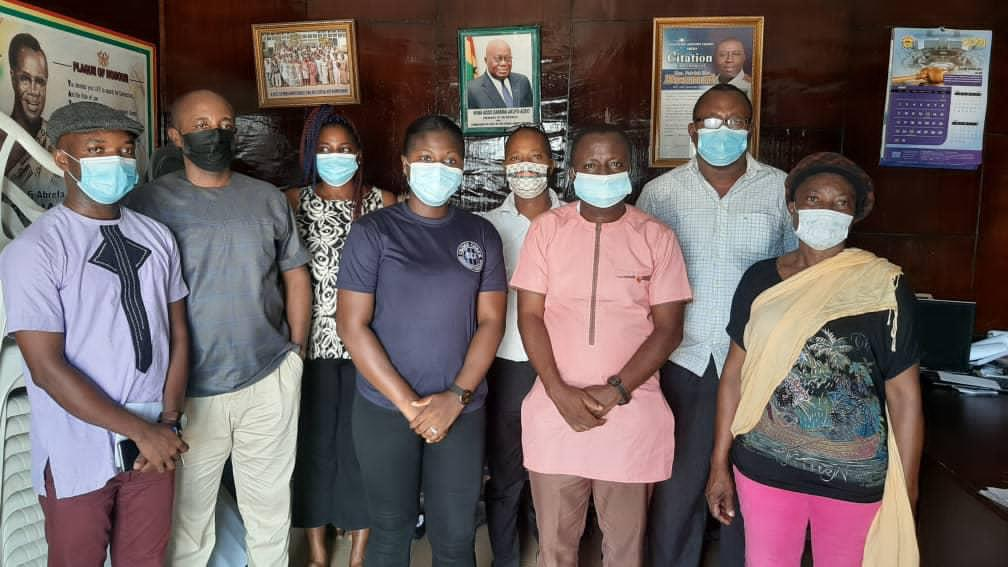
He noted that, already, mapping of vagrant locations has begun in the target districts where meetings have been held with heads of MMDAs and some vagrants ahead of the launch of the project on May 28, 2021, at the Accra International Press Centre.

